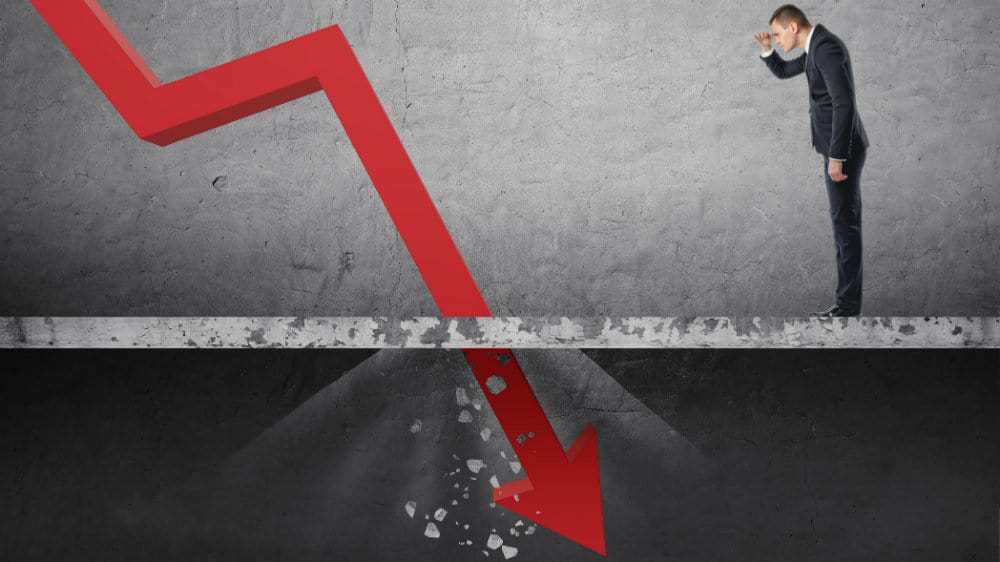Over the last 10 years, equity markets have been riding the crest of a wave — the longest bull market in history. The short-lived recession, induced by the Covid-19 crash, turned out to be a mere blip on this upward trajectory. Central banks came to the rescue by injecting the largest fiscal and monetary stimulus ever seen in the economy. But as the consequences of this loose monetary policy become apparent, we could be on the cusp of a spectacular stock market crash.
Although a black swan event could happen any time, a number of danger signals are already clearly visible. These are my top two.
Rising inflation
Not a day goes by without inflation being talked about in the press. In the US, the latest figures for December put inflation at 7%, the largest yearly rise since 1982. Although the UK figure is not as high (currently at 5.4%) it has been on a similar upward trajectory for some time. The number one contributor to this rise has been soaring oil and gas prices.
Should you invest £1,000 in JD Sports right now?
When investing expert Mark Rogers has a stock tip, it can pay to listen. After all, the flagship Motley Fool Share Advisor newsletter he has run for nearly a decade has provided thousands of paying members with top stock recommendations from the UK and US markets. And right now, Mark thinks there are 6 standout stocks that investors should consider buying. Want to see if JD Sports made the list?
A number of economists argue inflation will unwind as supply chains find their feet and economies re-open following Covid. I am not too sure. Indeed, if we are finally seeing the back of the pandemic, supply chain pressures will likely continue for some time.
Further, infrastructure spending in the commodities sector has been in decline for some time. One of the key factors that can attributed to this is the ESG trend. Activist investors and governments have stepped in to prevent oil companies from exploring for new reserves. Although well-intentioned, the reality is that the world needs fossil fuels and will do so for some time as we transition to a green economy. If one looks back in history, whenever oil prices have surged, a recession has never been far away.
Valuations in the US tech sector
By any measure, the US stock market looks overvalued. For me, the primary driver of the asset bubble in the tech sector, and most notably in software companies, has been ultra-easy financial conditions.
The US Federal Reserve has been way behind the curve when it comes to dealing with the threat of inflation. Only recently have they begun to signal their intention to accelerate the tapering of their purchases of financial assets. A number of interest rate rises are now expected. I think we all know what is likely to happen to tech companies, some of which have reached insane valuations, if rates do start rising from here.
The top five companies by market cap in the US – Apple, Alphabet, Tesla, Microsoft, Amazon – are undoubtedly great companies that generate huge profits. But at what point do their valuations become unsustainable? In early 2000, at the peak of the tech bubble, if I had invested in the five largest companies of the day – Microsoft, General Electric, Cisco, Intel, and Exxon Mobil – all of which we can agree are great companies – it would have turned out to be a very bad investment with negative real-returns over the next 10 years.
Today, virtually every tech ETF/fund on the planet is invested in these mega-cap stocks. We have a lot of investors on one side of the boat. The huge imbalances in the economy, that Covid has laid bare, means most could be jumping ship very soon.








